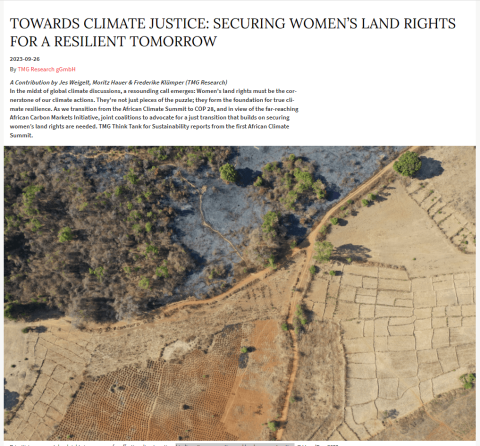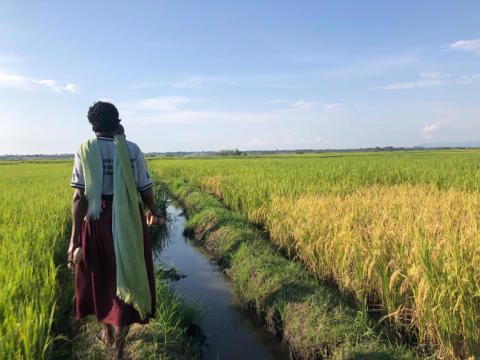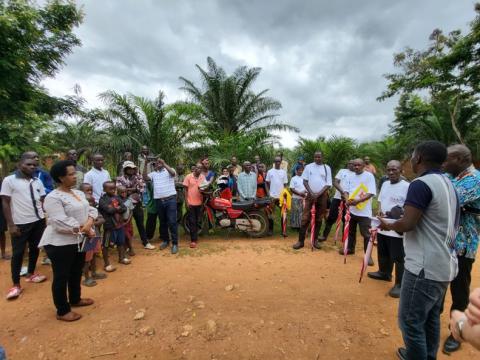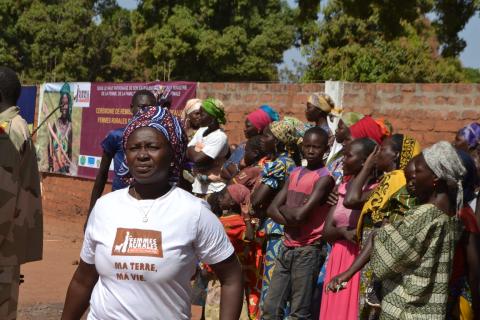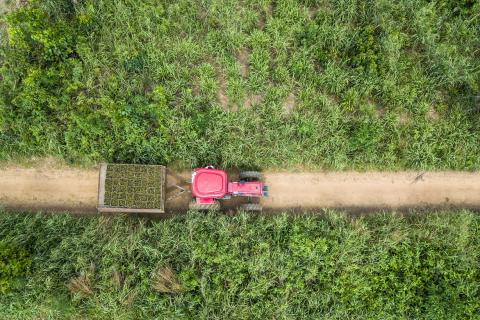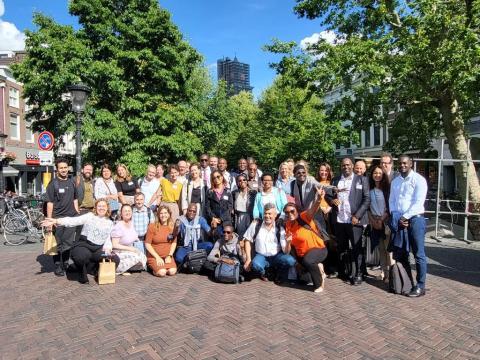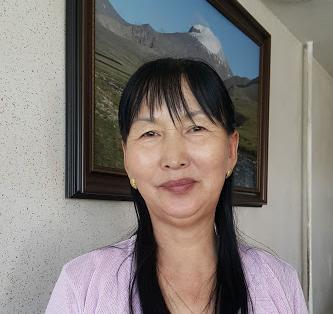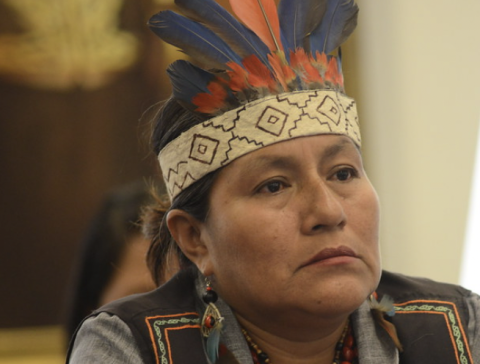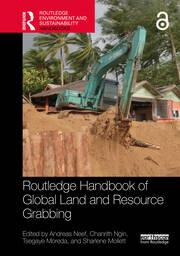Discover hidden stories and unheard voices on land governance issues from around the world. This is where the Land Portal community shares activities, experiences, challenges and successes.
 Follow our
Follow our
Sustainable Development Goals
Blog Series!
Interested in land corruption?
Follow our Land & Corruption Blog Series
for in-depth perspectives from the experts.
Issues
Geographical focus
By Peter Sangeyon, Gender and Land Champion, WOLTS Project Tanzania
From 1995 to 2005 I was the village chairman, and I was a ward councillor for ten years after that. I was very pleased when the community selected me to be a WOLTS gender and land champion.
A Contribution by Jes Weigelt, Moritz Hauer & Frederike Klümper (TMG Research)
Land Rights and Gender Responsive Climate Action Seminar
Scaling is at the heart of both the name as well as the strategy of LAND-at-scale. Scaling and scaling potential are key in the way the program was designed and is reflected in the three pillars chosen to realize the aim of the program. The first pillar is about scaling successful initiatives and projects; the second pillar focuses on land governance innovations with scaling potential; and the third pillar covers knowledge management, with a focus on gaining a deeper understanding on the conditions required to make scaling successful.
Burundi has the world’s highest hunger score and around 45 percent of the population is affected by food insecurity. The country copes with increasing scarcity of land as a result of increasing population size, returnees and IDPs and climate change. With the majority of Burundians depending on agriculture for their food and livelihoods, land scarcity makes this reliance on agriculture precarious. This pressure on land causes elevated levels of land disputes with over 55% of all court cases being related to conflicts over land.
Chad is at the verge of an emerging land tenure crisis. As observed in many countries in Africa, formal and customary tenure systems overlap. Customary tenure systems, that generally prevail in rural areas, differ from region to region, with each its own needs and practices. Land conflicts are abundant, caused by degradation and transformation of land surfaces caused by climate change, as well as land investments by domestic investors with disputed legitimacy.
Challenges with regards to scaling is not unique to the land sector. Working in the context of agriculture for development, CGIAR and Wageningen University developed the Scaling Readiness approach. This approach response to the fact that the pressure to demonstrate fast and visible results and impact at scale, has sometimes resulted in unreasonable and unrealistic expectations, and in fact stimulated simplistic and non-sustainable scaling approaches.
The second LAND-at-scale (LAS) exchange took place from June 26th to June 28th, 2023. Sixty partners came together in Utrecht, the Netherlands to exchange lessons learned and explore common challenges. As of 2023, ten country projects are currently being implemented under the LAS program, namely Burkina Faso, Burundi, Chad, Colombia, Mali, Mozambique, the Palestinian Territories, Somalia, Rwanda and Uganda. All countries were represented and almost all implementing partners were present at the Exchange.
By Milya Samberu, Gender and Land Champion, WOLTS Project Tanzania
Por Zulema Burneo
Casi tres décadas atrás, el 9 de agosto fue designado como el Día Internacional de los Pueblos Indígenas por la Asamblea General de las Naciones Unidas. En América Latina, aunque se han logrado avances en el ámbito legal en cuanto a la garantía de sus derechos, basta ver un poco más allá para encontrar serias paradojas que nos obligan a levantar la voz antes que a celebrar el día.
An in-depth global review of land resource resource grabbing is both timely and essential reading.


